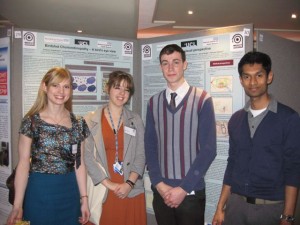We are wanting to compile a comprehensive list of Hospitals with ERG facilities which do ERG tests for people with Birdshot Chorioretinopathy and we wondered if any of our members would like to take this task on.
We have a list of hospitals where we know they are done, but we believe that it is by no means comprehensive. It will probably require quite a few phone calls or emails, but there doesn’t appear to be any comprehensive source for this type of information and it would be really useful for us to have it.
Please get in touch with Annie or Rea if you would like to help with this.
Many thanks.
At the moment we have full details for the following:
- Aberdeen Royal Infirmary,
- Stoke Mandeville Hospital,
- Manchester Royal Infirmary, Manchester
- Moorfields Eye Hospital
- Royal Victoria Infirmary, Newcastle
- Oxford Eye Hospital, Oxford
- Sheffield Teaching Hospitals, Sheffield
- Southampton Hospital
- Glasgow Caledonian University, Glasgow
- Royal Liverpool and Broadgreen Uni Hosp, Liverpool
- Queens Medical Centre, Nottingham
Offers of help are much appreciated!


